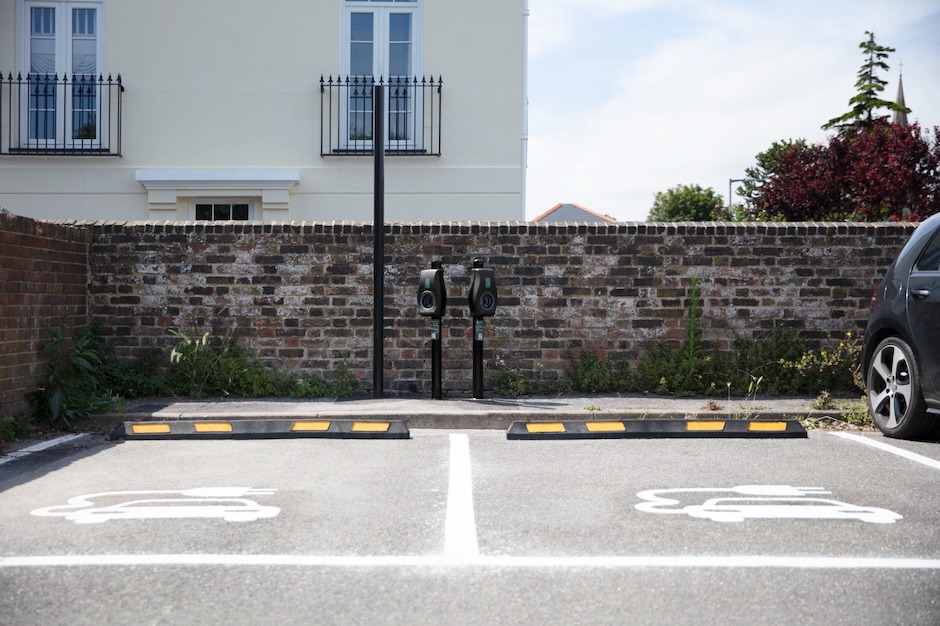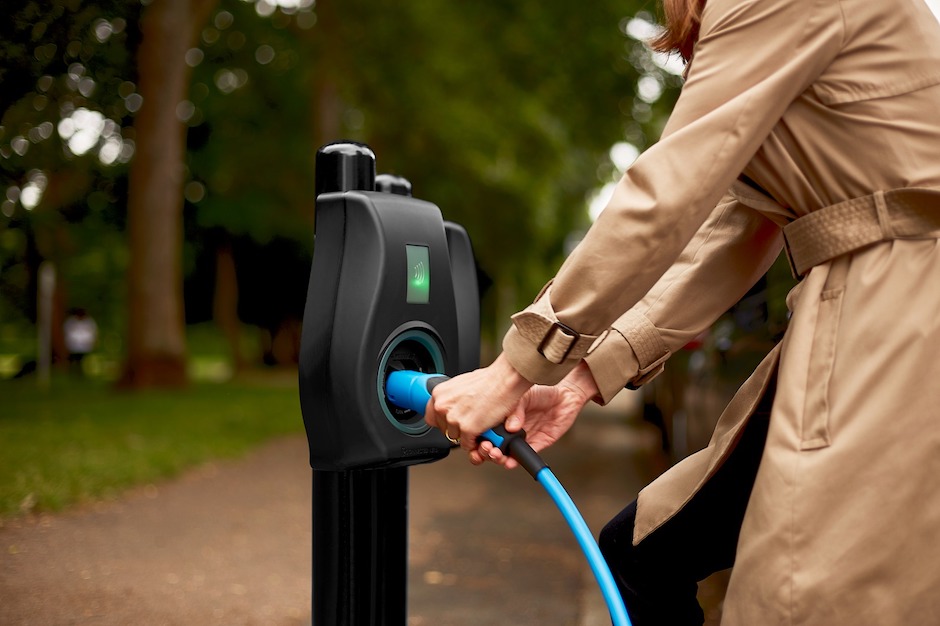Accelerating the switch to electric vehicles (EV) has long been a stated goal of COP26, the international gathering of politicians, businesses and NGOs aiming to steer the world away from a climate disaster. I will be attending this year’s event in Glasgow with my Connected Kerb colleagues to re-iterate our belief that the key to boosting EV uptake is the effective deployment of infrastructure that is sustainable, affordable and accessible for all.
Many EV sceptics – with a degree of justification – point to the cost of EV vehicles and range anxiety as being major barriers to EV adoption. But here at Connected Kerb, we believe that the deployment of convenient, reliable on-street residential infrastructure must be the touchstone of net zero, providing charging facilities to the 60 per cent of UK residents who do not have driveways or the capacity to install a home charger. The other half of the battle is changing attitudes to electric. Only through a grand collaboration of politicians, businesses, charities, residents and EV infrastructure companies such as ourselves can the hearts and minds of British motorists be truly swayed ahead of the fast-approaching 2030 ban on the new sales of petrol and diesel vehicles.

What is clear in relation to net zero is that the time for pledges is over. Action must be taken now. Connected Kerb has already begun a quiet EV revolution across the country, working with councils, residential developers, fleets and real estate to install charging points that connect communities and deliver financial, environmental and health benefits in every corner of the country.
The recent fuel crisis has turned the heads of people who may have initially been sceptical of going electric. According to Google search data, EV online searches exploded 1,600 per cent on September 24, the day when gas station fuel shortages became a widespread phenomenon across the country. This does not alone necessarily indicate a significant increase in EV demand but it is a potential turning of the tide in public attitudes towards electric vehicles.
While mass scale deployment is critical, it is also imperative that thought is given to charger type and location. Concerns about infrastructure were highlighted in our report ‘Moving from Early Adopters to Mainstream buyers’. Nearly half of respondents we interviewed said they expect to be able to charge their EV right outside their home while only 10 per cent would be prepared to walk more than five minutes, illustrating just how widespread charging points need to be.
Here at Connected Kerb, we believe that the deployment of convenient, reliable on-street residential infrastructure must be the touchstone of net zero
While rapid chargers have their place, we believe that long-dwell charging should take priority, that is, locations where people leave their car the majority of the time – at workplaces and overnight at home. We certainly welcome a consultation by the Office For Zero Emissions Vehicles (OZEV) that is scrutinising new powers forcing landlords of buildings with non-residential car parks to provide a minimum level of EV infrastructure.
The political will to speed up the EV transition in pursuit of 2050 net zero - in the UK at least - is strong, but is it strong enough? The government has included EV incentives in its Road To Zero strategy and committed £20 million to increase on-street charge points for electric vehicles. A further £50 million will support charge point installations. I am also in regular discussions with political leaders to provide guidance on EV deployment, but there needs to be a cohesive approach between central government and local authorities. I know from our work with councils across the country that they want to do everything they can to reach net zero, but they are lacking guidance from central government on best practice.

In terms of EV charge points, one of the biggest challenges is scale. There is little benefit to be gained from signing contracts for five or six charge points on one street in a town. A reliable charging network that makes EV charging accessible to all requires the installation and maintenance of thousands of charge points across a single county. We believe a great way for the government to show everyone the way forward would be to electrify its own fleets such as those in the NHS and the Ministry of Defence as well as public sector workplaces.
Clearly this proposition presents a funding challenge, both in terms of public and private investment. But any successful net zero strategy will require investment. Our objective is to convince councils that they need to sign longer-term contracts, in the order of 15-20 years which will address investor uncertainty around the fact that high utilisation will not happen immediately.
This will be particularly relevant in low-income areas which are often prone to the highest levels of toxic air pollution, but where chargers will take a bit longer to deliver returns. That is why we at Connected Kerb are installing charge points on council estates in areas such as Lambeth to support deprived areas. Our smart-charging aims to give poorer areas access to smart energy tariffs, a particularly pertinent point amid a deepening energy fare crisis. If the charge towards EV is to make a genuine contribution to net zero, then equality must be central to the EV industry’s thinking.










Water Sector Talent Exodus Could Cripple The Sector
Maybe if things are essential for the running of a country and we want to pay a fair price we should be running these utilities on a not for profit...